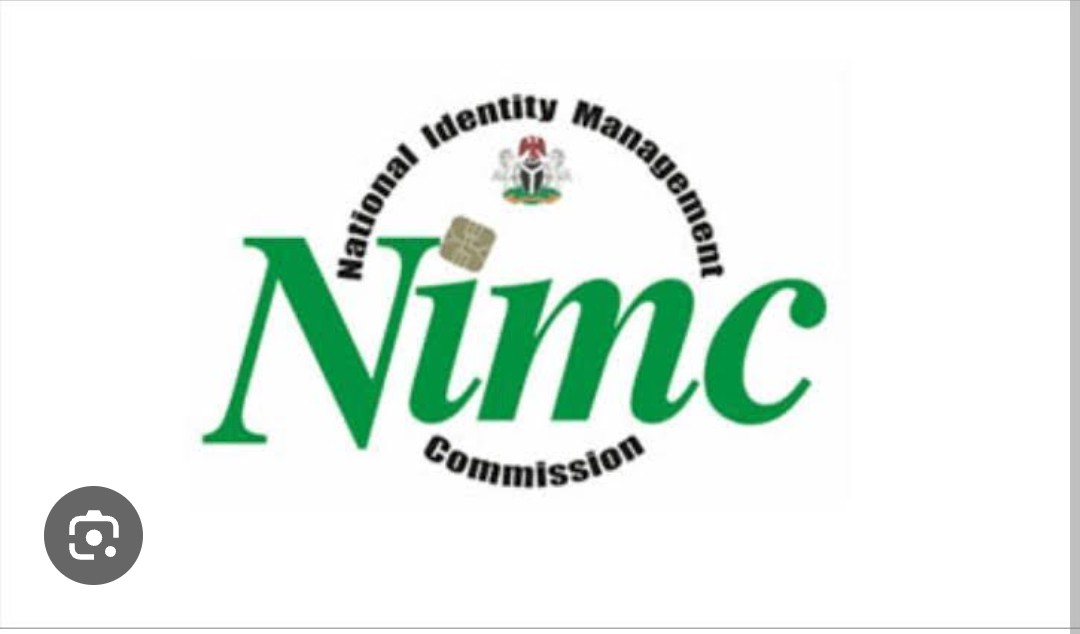Stakeholders in Nigeria’s education sector are urging the National Identity Management Commission (NIMC) to streamline the National Identity Number (NIN) registration process for students.
The calls, made in separate interviews on Thursday, highlighted the challenges and delays students face in obtaining their NINs, a mandatory requirement for the Joint Admissions and Matriculation Board (JAMB) and West African Examinations Council (WAEC) exams.
Ebunoluwa Sewuese, principal of Rahinna Model School in Jikwoyi, Abuja, voiced the need for a simplified, decentralized process to ease the burden on students preparing for these crucial exams.
“The NIN process should come with ease for prospective students writing the JAMB and O’ level exams across the country,” she stressed, noting that smoother registration would allow students to focus more on their studies.
Similarly, Majagi Garba, a school administrator at Royal High School in New Karu, Nasarawa, criticized the additional stress caused by the compulsory NIN registration.
“The need to address the untold hardship caused by the introduction of NIN as a compulsory requirement for JAMB registration cannot be overemphasised,” Garba stated, echoing concerns that NIN registration issues are complicating the already rigorous exam preparation process.
For parents, the struggles associated with NIN acquisition are equally frustrating. Isah Ibrahim from Asokoro cited “network irregularities” as a persistent obstacle in obtaining the NIN. Parent Ubah Sani added that if the NIN process remains challenging, it could jeopardize students’ access to higher education.
“Although getting NIN for students is a good idea, the cumbersome process of obtaining it is most often worrisome,” he said.
Teachers also shared their concerns. Ima Obong, a schoolteacher in Karu, Abuja, explained that out of 60 students, only 10 had managed to register for NIN. “Only four have successfully registered for UTME,” she added, attributing this setback to NIN linkage issues, which prevent students from generating profile codes essential for registration.
Students, too, have experienced firsthand the obstacles posed by the current NIN process. Paul Biya, a UTME candidate, expressed his frustration after spending hours at the Karu NIN center, fearing he would miss JAMB and WAEC preparatory classes due to the delays. Another parent, Isa Keffi, shared fears that his ward might miss her exam without an NIN.
Meanwhile, Nkechi Isaac, who was at an NIN center in Nyanyan, Abuja, revealed she had paid for registration to bypass long queues, underscoring the pressures many face to expedite the process. Martha Musa, another concerned parent, suggested that better infrastructure and network services were necessary to “drive digital service delivery” effectively, adding that “poor implementation and lack of foresight by the exam body” were contributing factors.
Kemi Taiwo, proprietor of Prime Model College in Abaji, echoed this sentiment, questioning how students were expected to endure the stress of NIN registration alongside studying. In a similar vein, Gado Isaac, a UTME candidate from Nasarawa State, reported that he had to travel to Abuja for registration due to poor network coverage in his community.
The growing chorus for reform highlights a pressing need for the NIMC to address the logistical and technical barriers that impede students’ access to a fair, streamlined process. As more voices call for change, the hope is that authorities will prioritize a simpler, more efficient NIN registration system to support the academic futures of Nigeria’s youth.












